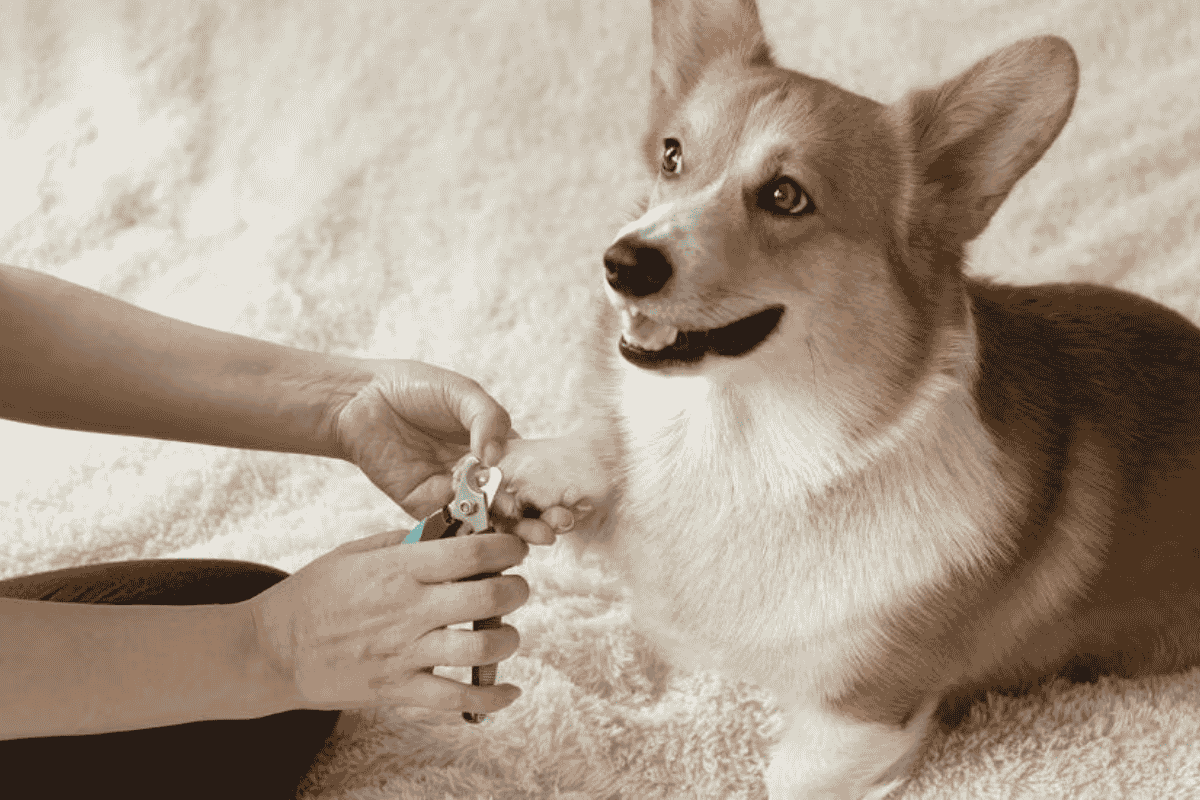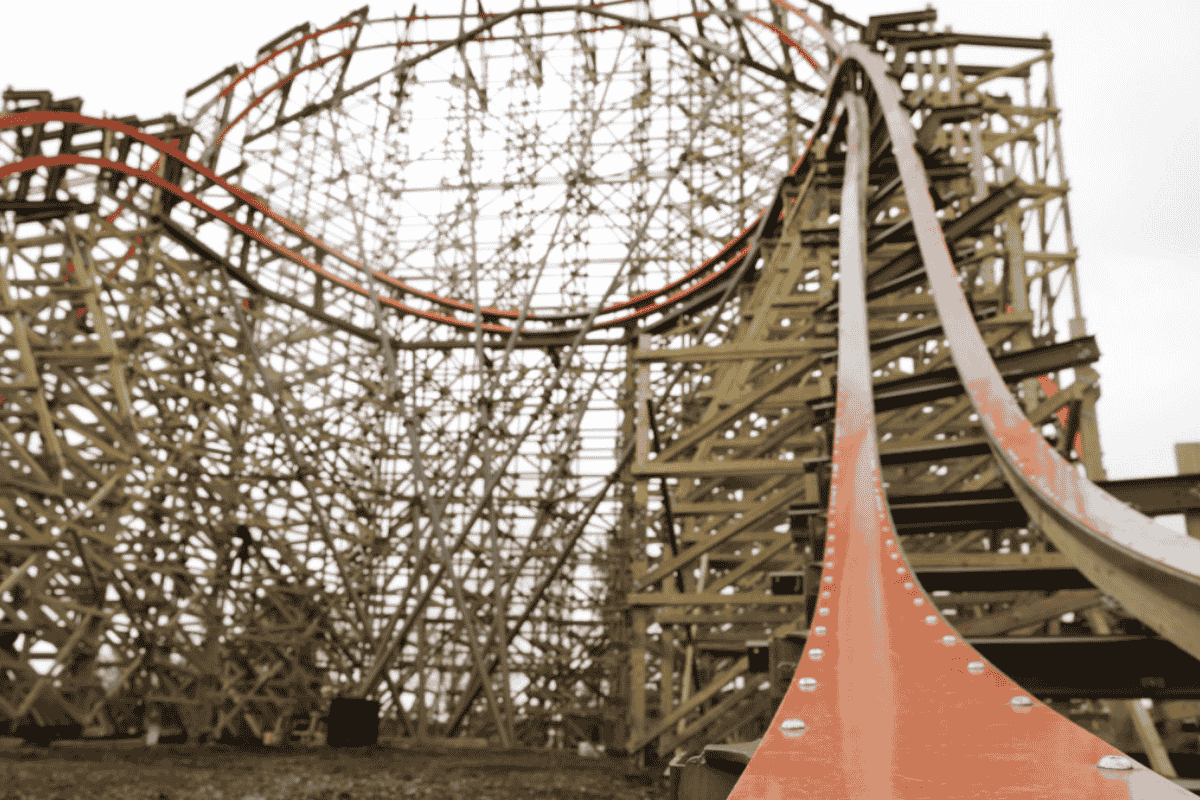Some dogs are natural-born escape artists—squeezing under fences, scaling chain-link, or even leaping over enclosures that seem secure. If you have a clever canine on your hands, keeping them contained requires some creative solutions. Here are several dog-proof fencing ideas to help ensure your pup stays safe at home.
Coyote Rollers
Best for climbers
Coyote Rollers are bars installed at the top of your fence. When a dog tries to climb, the rollers spin, preventing them from gaining traction and pulling themselves over. They can be added to chain-link, wooden, or vinyl fences, making them a versatile option.
Wire-Mesh Dog-Proof Fence
Best for jumpers
If you need an extra-tall fence, skip traditional chain-link. Instead, opt for coated wire-mesh fencing, which is sturdier and harder for dogs to climb. Companies like Riverdale Mills sell durable versions designed for security.
Flat-Top Fencing Extension
Best for climbers and jumpers
By extending the top of your wire-mesh fence perpendicular to the ground, you create a barrier that prevents dogs from leaning back far enough to clear the fence. Even determined climbers will struggle with this design.
Top-Angled Fencing Extension
Best for agile climbers
Instead of extending the fence flat, angle the extension upward. This creates an overhang that makes climbing and jumping out nearly impossible.
Full Fence Cover
Best for extreme escape artists
For dogs that have mastered climbing, jumping, or squeezing out, you may need to cover the entire enclosure with fencing material. This creates a secure pen-like space with no exit from above.
Free-Standing Dog Fence
Best for temporary setups or reactivity issues
Free-standing fences are portable and can be moved around the yard as needed. They are also ideal for keeping reactive dogs away from perimeter fences where they might bark or lunge at passersby. Brands like Priefert make sturdy, modular options.
Why Does My Dog Keep Escaping?
Before you upgrade your fencing, it’s important to understand why your dog is escaping:
- Seeking a mate: Dogs who are not spayed or neutered often escape to find a partner. Spaying or neutering typically reduces this drive.
- Boredom or lack of exercise: Dogs left alone for long stretches may try to escape for stimulation. Provide daily walks, playtime, and enrichment.
- Separation anxiety: Dogs with anxiety may attempt to break free when left alone. Doggy daycare, a dog walker, or mental stimulation toys can help.
A dog-proof fence is about more than just barriers—it’s about safety and peace of mind. Whether you choose rollers, mesh, angled extensions, or a fully covered enclosure, pairing secure fencing with proper exercise and mental stimulation will keep your furry escape artist happy, safe, and home where they belong.












